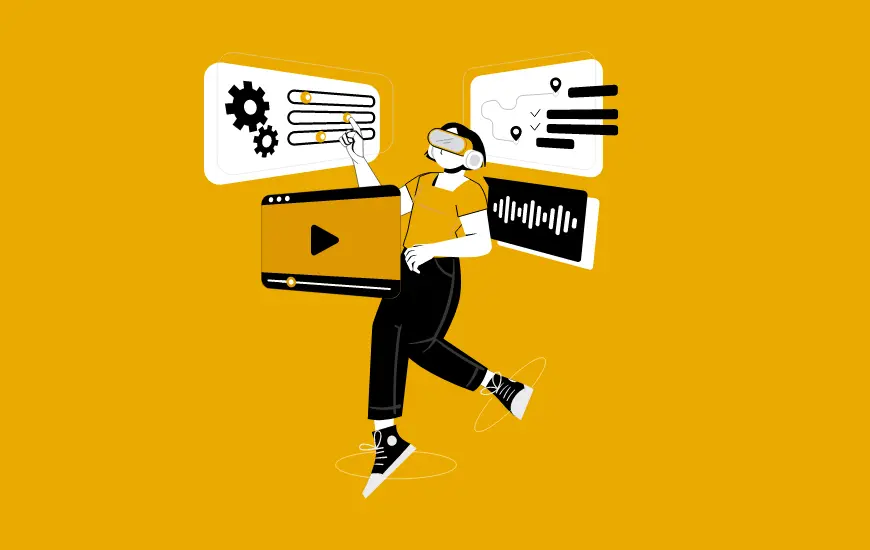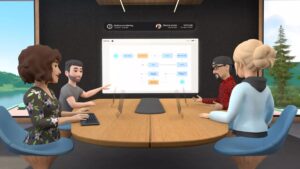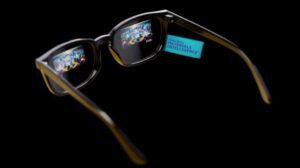The Power of Digital Twins in the Enterprise Metaverse

The metaverse is changing the online world. Just like Web 3.0, it’s a game changer for businesses. Central to this change is Digital Twins, a leading-edge technology that makes the virtual worlds of the metaverse possible. The metaverse will likely be the next considerable economic power when the internet blends with real life.
Estimates show that the economic contribution of the global metaverse is expected to be valued at a whopping $3 trillion by 2031. This vast number indicates how many chances businesses in every industry have to benefit from the metaverse. Digital Twins are key agents in this change. This combines the physical and digital to make engaging, fun virtual worlds.
Gartner says many people will use the metaverse soon. They predict one in four consumers will spend at least an hour a day in the metaverse by 2026. This shows how everyday virtual experiences will become, highlighting its emerging importance for businesses that can leverage the digital twin metaverse to make incredible virtual worlds.
Let’s explore how Digital Twins and the business metaverse help each other. From making better products to improving customer interactions, using digital twins in the enterprise metaverse opens amazing possibilities.
Understanding Digital Twin and Metaverse
The metaverse is a network of linked virtual worlds where users engage through avatars brought to life by virtual reality (VR) gadgets in the physical realm. However, the current state of the metaverse doesn’t align with this vision.
Presently, we have various platforms offering virtual reality experiences, yet the seamless interconnectivity envisaged for the metaverse is still a work in progress. Despite this, the metaverse holds tangible value for businesses, offering diverse applications such as immersive experiences for employees and customers and potential new revenue streams.
Observing the tech landscape in recent years, the metaverse has become a prominent topic, capturing the attention of executives across industries. With major players like Meta investing heavily in the metaverse, its exponential growth and widespread business adoption seem inevitable.
In contrast, the digital twin concept predates the metaverse, which emerged in the early 2000s. However, to extract real value and gain a competitive edge, companies need the technical capabilities to support a digital twin. This involves ensuring robust connectivity, vast data storage, and sufficient bandwidth.
A digital twin serves as a counterpart to a real-world asset, process, or product, continuously updated with real-time data about the original’s status, conditions, and other relevant factors. The applications of digital twins are diverse, ranging from 24/7 virtual training to predictive maintenance of factory equipment.
In the past, the technical needs for smoothly running a digital twin posed a problem. But today’s rise of top-line technologies, like the metaverse, is making digital twins more practical, valuable, and budget friendly than ever. This synergy of new advances is changing the face of technology, empowering companies to leverage the power of both metaverse and digital twins.
Source link
#Power #Digital #Twins #Enterprise #Metaverse





